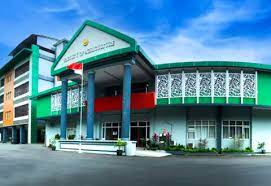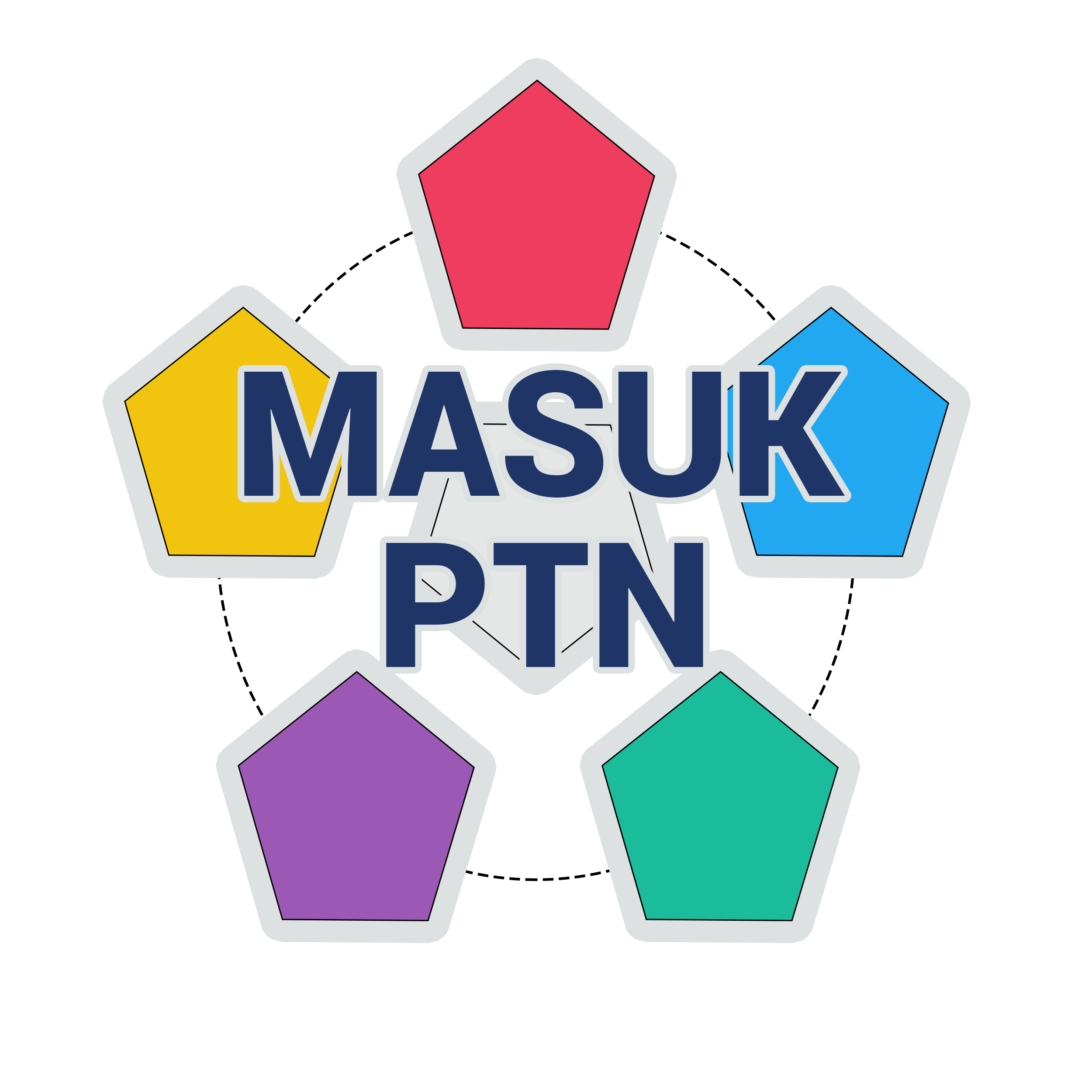Agribusiness Study Program (formerly known as Socio-Economics Agriculture/Agribusiness Study Program) is a study program under the auspices of Faculty of Agriculture, University of Jember (UNEJ). Agribusiness Study Program is an organizing unit of Agricultural Higher Education in the socio-economic agriculture/agribusiness field. As one of the components in the national education system, the Agribusiness Study Program holds a great responsibility in developing the nation’s intellectual life and increasing the quality of human resources in Indonesia. Agribusiness Study Program actively takes part in growing the community welfare through implementing and developing activities of Three Pillars of Higher Education (Tri Dharma Perguruan Tinggi).
The Agribusiness Study Program Faculty of Agriculture University of Jember has a long history. The pioneer establishment of the Agribusiness Study Program began with the founding of the Socio-Economics Agriculture Department by the end of 1967 under the name of Socio-Economic Sciences of Agriculture Department which was the second department in the Faculty of Agriculture after the Agronomy Department. The establishment was formally based on the Decree of the Minister of Education and Culture of Republic of Indonesia Number No. 0561/O/1983 that stated that the Faculty of Agriculture had five departments, one of which was the Socio-Economics Agriculture Department. Hence, the Decree of the Director General of Higher Education, Ministry of Education and Culture of the Republic of Indonesia Number 44/DIKTI/Kep/1984 declared that there was one study program of the Socio-Economics Agriculture Department, namely Socio-Economic Agriculture Study Program. Then, in 1996, the Director General of Higher Education standardized the names of study programs. Regarding this, the Director General of Higher Education issued Decree Number 226/DIKTI/Kep/1996 released the standardized name of the Socio-Economics Agriculture Study Program as Socio-Economics Agriculture/Agribusiness.
Since November 29, 2007, based on the Decree of the Director General of Higher Education Number 163/DIKTI/KEP/2007 about Arrangement and Codification of Study Programs in Higher Education, all universities in the agriculture could only manage and organize two study programs, those were Agrotechnology/Agroecotechnology and Agribusiness Study Programs. The Agrotechnology Study Program covers the academic fields of agronomy, soil science, plant pests and diseases. Meanwhile, the academic fields included in Agribusiness Study Program are the science related to socio-economics agriculture. According to the academic fields that are involved in the Agribusiness Study Program, thus, the Agribusiness Study Program is considered as a continuation of Socio-Economics Agriculture/Agribusiness in the Socio-Economic Department. The implementation of these two new study programs was stated by the Decree of UNEJ Chancellor in September 8, 2008 Number 8229/H25/PS.8/2008 (Regular Agribusiness Study Program), Number No.8230/H25/PS.8/2008 (Non-regular Agribusiness Study Program), and Number No.8228/H.25/PS.8/2008 (Agrotechnology/Agroecotechnology Study Program)
It refers to that Chancellor Decree, thus, the Faculty of Agriculture began to manage and organize two new study programs of Agrotechnology and Agribusiness starting in the Academic Year 2008/2009. Furthermore, Faculty of Agriculture was still holding four formers study programs/departments (Agronomy, Socio-Economics Agriculture/Agribusiness, Soil Science, and Plant Pests and Diseases (PPD) until the permit of previous term expired and did not longer accept new students in the Department. The admission of new students of Academic Year 2008/2009 was only held by Agrotechnology and Agribusiness Study Programs. In the Academic Year 2008/2009, Agribusiness Study Program started the Regular and Non-Regular Programs. For the Agribusiness Study Program (Non-Regular), the teaching learning process was affiliated with the Agribusiness Study Program (Regular). The difference between those two was in the new student’s admission selection. The student admission of Agribusiness Study Program (Regular) was selected after Talent Scouting for Admission to State University System (known as PMDK) and State University National Entrance Exam (known as SNMPTN), meanwhile for Agribusiness Study Program (Non-Regular) was held through local selection. In the Academic Year 2009/2010, the term ‘non-regular’ was no longer used and it was replaced with the regular evening class. In the Academic Year 2010/2011, the regular evening class was also no longer carried out. Thus, practically, since the Academic Year 2010/2011 until present, Agribusiness Study Program only held regular programs.

 MASUK PTN
MASUK PTN